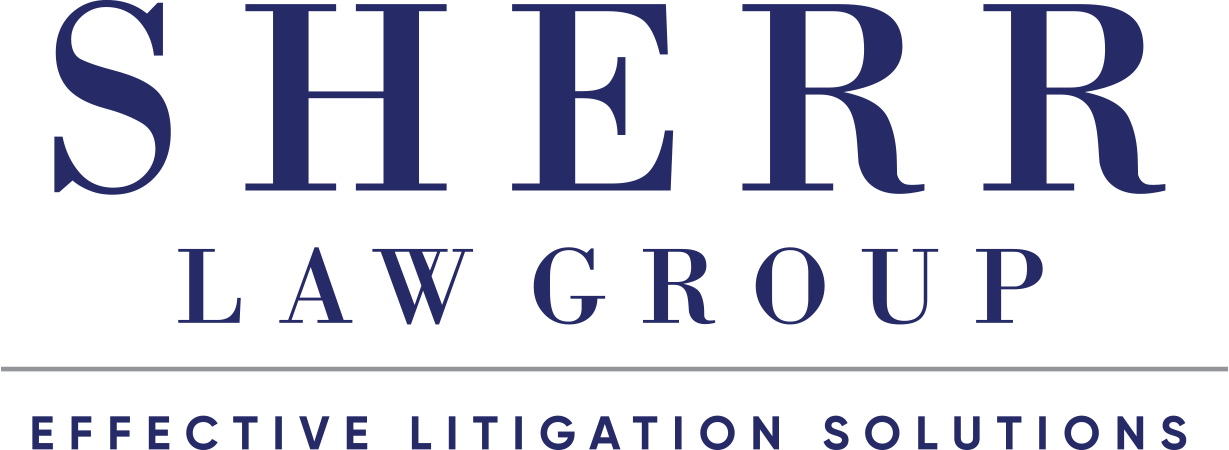
Questions and Answers for Pennsylvania Employers About COVID-19, the EEOC, OSHA and ADA
While each organization’s situation is unique, this Q-and-A provides some general guidance on how Pennsylvania employers may keep from running afoul of the Americans with Disability Act (ADA) employment laws, OSHA and EEOC rules during the COVID-19 pandemic.
Question: How much medical information may we ask if somebody calls in sick during the pandemic?
Answer: Employers subject to EEOC, OSHA or ADA rules and regulations may ask employees if they’re experiencing any of the COVID-19 symptoms. If this information is retained, anything regarding an employee’s illness must be treated as a confidential medical record.
Question: Can organizations ask employees about any symptoms listed by public health officials?
Answer: Rely on the CDC, other public health officials, and reputable medical sources for information on emerging symptoms. They can guide you when choosing which questions to ask. Employers have an obligation to protect the workplace from people who may pose a health threat. Keep in mind that not all people who are infected show symptoms.
Question: May we check the temperature of employees coming to work?
Answer: Yes, because it is considered a medical examination. The CDC and Pennsylvania public health authorities recognize “community spread” of COVID-19 and urge employers to take precautions. So, employers may measure the body temperature of an employee as a condition to entering the workplace.
Question: Can we keep a log of the results of a daily temperature check?
Answer: Yes, provided that you secure the confidentiality of the information and keep it separate from regular employee files.
Question: If one of our employees has COVID-19, may we report their name to local public health authorities?
Answer: Yes.
Question: When somebody returns to work in Pennsylvania, may we require a doctor’s note certifying they don’t have the coronavirus?
Answer: Asking for certification is permitted by the government rules but on a practical level, physicians and other healthcare providers are likely too busy to provide a “fitness for duty” letter. New flexibility may be needed such as relying on a clinic or hospital to provide a form or to send an email certifying that the individual is not infected with the coronavirus.
Question: Is there a protocol for recalling employees to work?
Answer: If a union contract covers workers, it likely has a provision for recalling workers after a layoff. For non-union employers, be certain that recalls do not discriminate against protected classes of employees. While this is a complex issue, as a general rule do not simply recall all white males under age 50 while excluding older workers, women, people of color or because of an employee’s religion. Remember that EEOC regulations will be applicable.
Question: We are still hiring employees so may we ask applicants about any COVID-19 symptoms?
Answer: Of course you may given the severity of the outbreak and the threat of COVID-19 to other people’s health and life. But remember to ask the same question of every applicant for the same job because EEOC regulations also are involved. You may also take their temperature as part of a post-offer medical exam keeping in mind that not all those who are infected display any symptoms.
Question: Can we delay the start date of an applicant who has COVID-19 or any of its symptoms?
Answer: Absolutely. CDC guidelines state that anyone who has COVID-19 or is showing symptoms should not be allowed into the workplace.
Question: May we withdraw a job offer if somebody has COVID-19 and cannot work?
Answer: A job offer may be withdrawn because the CDC says these people cannot safely enter the workplace.
Question: Some of our jobs can only be done at the workplace so are there “reasonable accommodations” under the ADA for people who are at higher risk of contracting COVIFD-19?
Answer: Even with the pandemic’s restraints, some low-cost accommodations may meet everybody’s needs on a temporary basis without causing an employer undue hardship. If you’re not already doing this for all employees, meeting requests for those who want reduced contact with others due to COVID-19 might be designating one-way aisles, requiring wearing masks, using plexiglass shields, or creating barriers such as moving tables to ensure distancing from other people.
Question: A few of our employees have a preexisting mental health issue and are feeling stress now so are they entitled to a “reasonable accommodation”?
Answer: Admittedly, many people are feeling stress now but those with anxiety, PTSD or OCD disorders may be feeling especially vulnerable these days. You may ask questions to learn if the condition is a disability. Talk with the employee about how their request would assist in enabling them to keep working, explore alternative accommodations that may meet their needs, and request medical documentation if necessary.
Question: Our entire workforce is telecommuting so may we postpone discussions about special accommodations with an employee until after stay-at-home orders are lifted?
Answer: There isn’t a one size fits all answer. As an employer, you may give higher priority to discussing requests for reasonable accommodations needed at a home location while people are telecommuting. Still, you can start to discuss this request now to collect information needed to decide. If the request is granted, you also might be able to make some arrangements for the accommodation in advance of people returning to the office.
Specific EEOC, OSHA and ADA Help for Pennsylvania Employers During COVID-19
The pandemic situation changes every day and new guidelines are being announced several times a week. Since this Q-and-A offers only general – not legal – advice, we’ll be happy to discuss your specific situation with you.
Please call me or any of our Sherr Law Group employment law attorneys. We are working remotely every day and can answer your questions and provide advice on how to proceed.
Our electronic infrastructure means the Sherr Law Group employment law attorneys are in touch with each other and have access to client files and all of the state and federal rules and evolving orders. We can meet with you in our video conference room, by email or on the phone by calling us at 484-591-3000.



